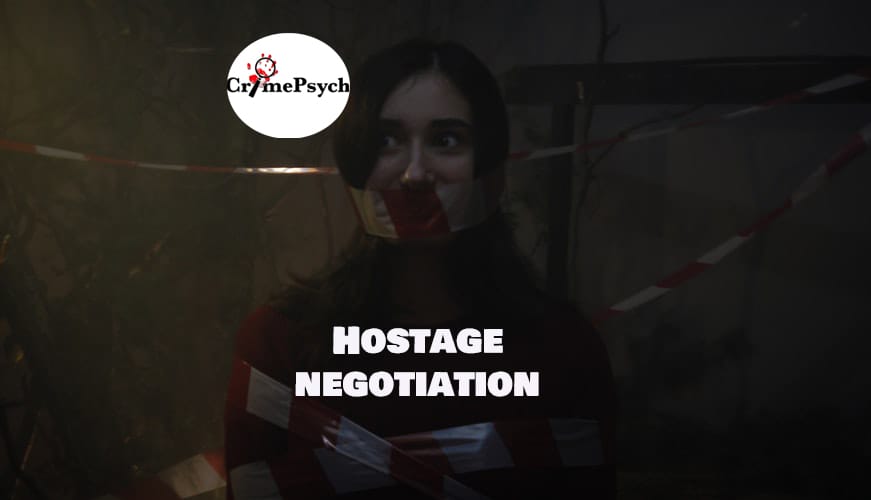In a notable development in the ongoing conflict between Ukraine and Russia, President Volodymyr Zelensky has made a bold proposal to exchange captured North Korean soldiers for Ukrainian soldiers who are currently detained in Russia. This offer comes at a time when the geopolitical landscape is fraught with tension, and the humanitarian situation for many soldiers and their families remains dire.
The proposal was announced during a press conference where Zelensky emphasized the importance of prioritizing the lives of soldiers and their safe return to their families. He stated that the exchange could serve as a gesture of goodwill and a step towards fostering dialogue in a time of heightened conflict. The Ukrainian president’s offer reflects a strategic approach to leverage international relations in favor of his country while also addressing the plight of Ukrainian soldiers who have been captured during the ongoing war.
The North Korean soldiers in question were reportedly captured during various military engagements, and their fate has been a topic of concern for both North Korea and the international community. By proposing their release, Zelensky aims to not only secure the return of Ukrainian soldiers but also to engage North Korea in a dialogue that could potentially lead to broader discussions about peace and stability in the region.
This proposal raises several questions regarding the implications of such an exchange. North Korea, known for its isolationist policies and strict control over its military personnel, may view this offer as an opportunity to assert its presence on the international stage. The regime has historically been wary of engaging with other nations, particularly those in conflict with its allies. However, the prospect of securing the release of its soldiers could provide North Korea with a rare opportunity to negotiate from a position of strength.
Furthermore, the exchange could have ramifications for Russia, which has been holding a number of Ukrainian soldiers since the onset of the conflict. The Kremlin’s response to Zelensky’s proposal will be closely monitored, as it could indicate its willingness to engage in negotiations or its intent to maintain a hardline stance. The dynamics of this exchange could also influence the broader geopolitical landscape, particularly in relation to the ongoing tensions between Russia and the West.
Zelensky’s offer has garnered attention from various international observers, with many expressing cautious optimism about the potential for dialogue. Humanitarian organizations have long advocated for the safe return of captured soldiers, and this proposal could serve as a catalyst for further discussions on prisoner exchanges and the treatment of detainees in conflict zones. The international community may also play a role in facilitating negotiations, as various nations have vested interests in the stability of the region.
As the situation unfolds, it is essential to consider the broader implications of such exchanges. The return of soldiers can have a profound impact on morale, both for the military and the civilian population. Families of captured soldiers often endure significant emotional and psychological distress, and the prospect of their loved ones returning home can provide a glimmer of hope in an otherwise challenging situation.
In addition to the humanitarian aspects, the proposal also highlights the intricate web of alliances and rivalries that characterize international relations today. The involvement of North Korea in this exchange could signal a shift in its diplomatic posture, potentially opening avenues for future negotiations with other nations. Conversely, it could also reinforce existing tensions, particularly if the exchange is perceived as a strategic maneuver by Ukraine to gain leverage over Russia.
In conclusion, President Zelensky’s proposal to exchange captured North Korean soldiers for Ukrainian soldiers held in Russia represents a significant diplomatic initiative amid ongoing conflict. While the outcome of this proposal remains uncertain, it underscores the complexities of international relations and the importance of dialogue in addressing humanitarian concerns. As the situation develops, the world will be watching closely to see how this exchange unfolds and what it may mean for the future of Ukraine, North Korea, and their respective relationships with other nations.

